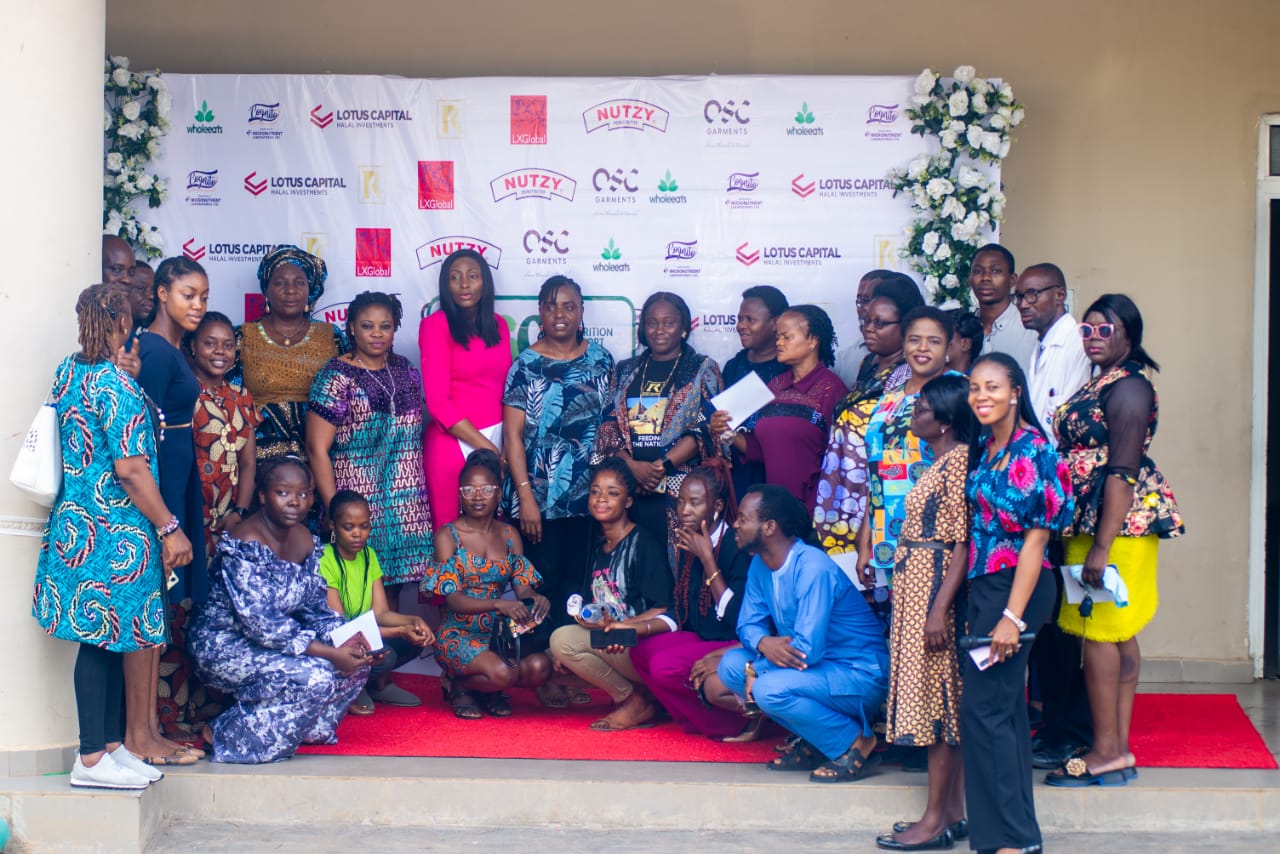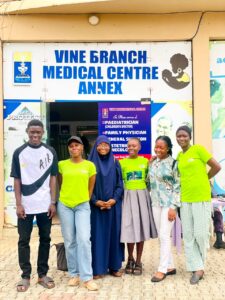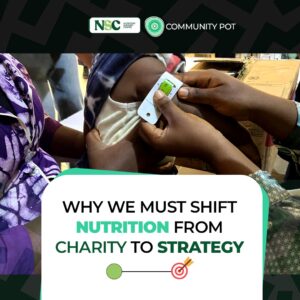In a significant stride toward tackling toddler malnutrition in Nigeria, Community Pot has officially launched its Nutrition Support Centre (NSC) at the Institute of Child Health, University College Hospital (UCH), Ibadan, Oyo State.
The launch event brought together a diverse group of stakeholders, including government officials, health professionals, business leaders, and local representatives, all united by a shared commitment to improving child nutrition across Nigeria.

Senior Research Fellow at the Institute of Child Health, Dr. Folusho Balogun, led the symbolic ribbon-cutting ceremony, marking the beginning of a collaborative journey to end malnutrition. A sensitisation jingle was also unveiled, highlighting the link between poor childhood nutrition and serious health issues.
Delivering a goodwill message on behalf of the Oyo State Commissioner for Health, Oluwaserimi Ajetunmobi, Mrs. Bolaji Ayoola, Director of Nursing Services at the Oyo State Health Management Board, praised Community Pot for its initiative. She emphasised the importance of starting nutrition education early, especially during the ante-natal stage. “While many mothers can afford food, the knowledge of what constitutes good nutrition is often lacking,” she noted.

Adding to this, FoodSafety4Africa Project Coordinator, IITA, Dr. Titilayo Falade, stressed that ignorance and stigma are major barriers to fighting malnutrition. She called for targeted awareness campaigns to educate families and encourage them to seek help without shame.
Chief Executive Officer, Renee Golden Multi-Ventures, Adenike Apeji, popularly known as ‘Iya Kulikuli’, highlighted the role of business in ensuring sustainability. She shared how her company uses local ingredients like groundnuts to create affordable, nutritious snacks that meet both cultural and nutritional needs. Apeji urged for stronger collaboration between private businesses, government, and communities to improve access to such products.
Founder and Team Lead, Community Pot, Mrs. Oluwakemi Jeje, described the NSC as a system designed to leave no child behind. “Malnutrition affects 37% of toddlers in Nigeria, limiting their potential to learn, grow, and thrive,” she said. Jeje outlined ambitious goals for the NSC, including reaching 10 million toddlers and establishing 20,000 centers nationwide.
She therefore called for a shift in mindset from donor dependency to leveraging local resources and collective action. “The NSC is not just a center; it is a system built to ensure no child is left behind,” she asserted, envisioning a future where malnutrition becomes a thing of the past.




